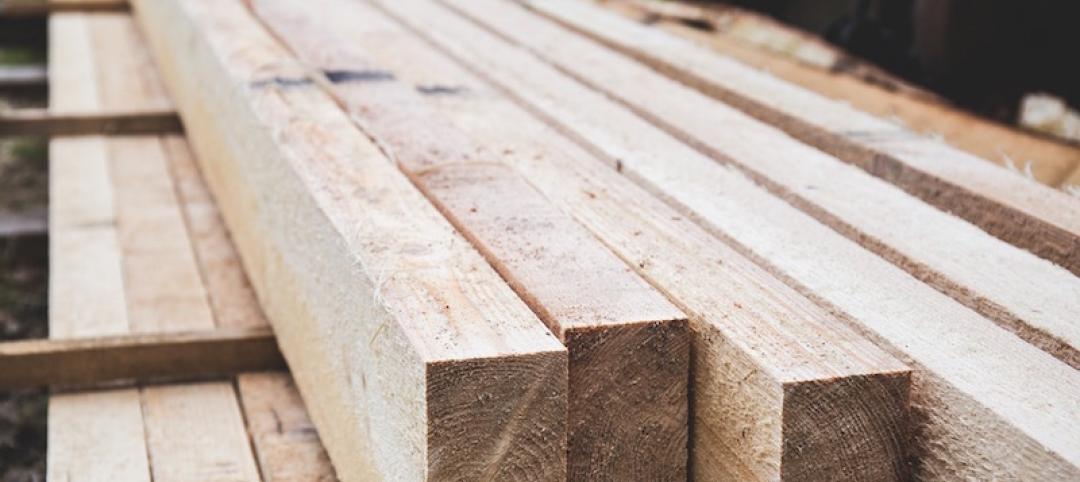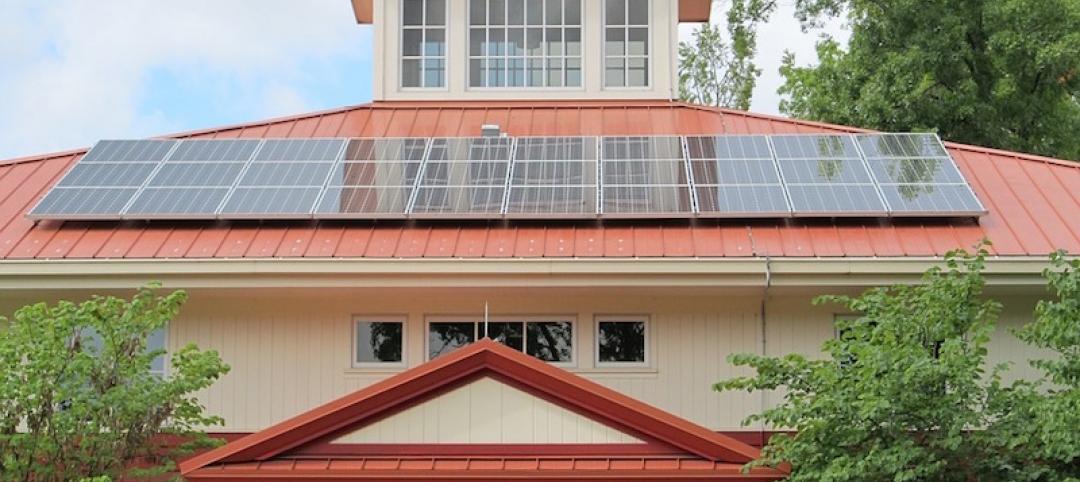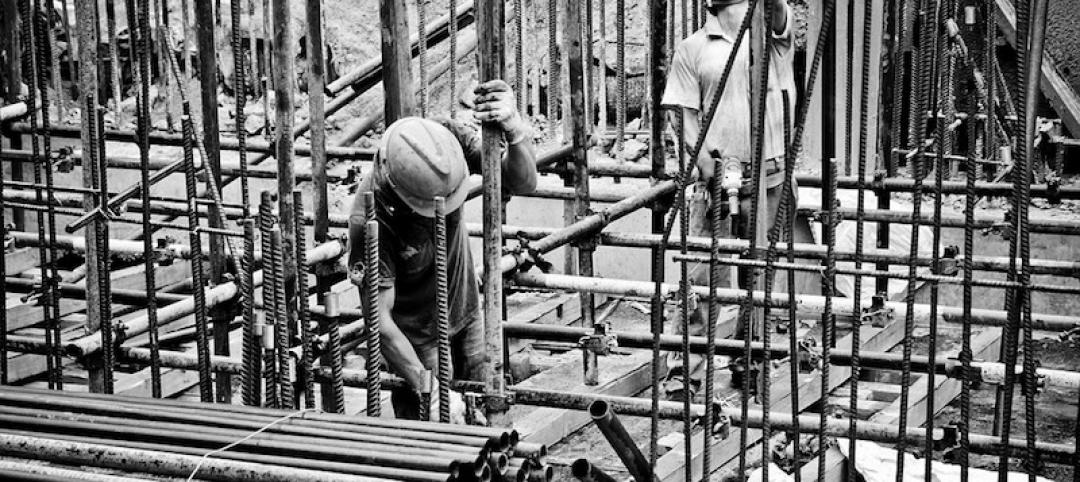The 2021 Hospital Energy and Water Benchmarking Survey by Grumman|Butkus Associates found that U.S. hospitals’ use of fossil fuels is declining since the inception of the annual survey 25 years ago, but electricity use is dipping more slowly.
The average combined Btu/ft2 (electricity plus gas/steam) for participating facilities was 236,743 in this year’s survey, up from 233,491 in 2019. “However, interpretation of year-to-year trends should be tempered by the realization that the respondent pool for the 2021 survey was different from the pool from the 2020 edition, due to the stresses that COVID-19 response placed on the healthcare facility personnel who normally participate, particularly during 2019,” according to a news release.
Hospitals’ average carbon footprint has remained fairly steady at 50 to 60 pounds of CO2 equivalent per square foot per year since GBA began calculating carbon data in 1999. CO2 footprint in 2020 was up from a low in 2019 (likely attributable to a change in respondents for the 2020 survey), but still shows an 18% decrease from 2018.
“To meet the ambitious goals put forth by the Biden Administration, hospitals will have to achieve much more significant reductions in the near term,” says GBA-Illinois Chairman Dan Doyle. “These reductions can only be achieved by implementing larger and more costly retrofits of existing buildings.
“The drive to decarbonize will also require building owners to embrace fuel switching to renewable-based energy sources. Many leading healthcare systems are implementing on-site renewables (usually solar photovoltaic systems), as well as off-site renewables, often funded through Power Purchase Agreements (PPA) to purchase some or all of their electricity.”
Related Stories
Codes and Standards | Dec 4, 2017
Trump tax proposal would kill historic tax credits
Developers would lose up to 20% discounts on some redevelopment projects.
Codes and Standards | Nov 30, 2017
Asheville, N.C. rezoning favors pedestrians, could change city’s character
Focus is on layout and look of new buildings rather than use.
Codes and Standards | Nov 29, 2017
Many New York City landlords have not addressed new flood codes
City revised building codes after Superstorm Sandy, but many owners not required to upgrade.
Codes and Standards | Nov 28, 2017
Nail-Laminated timber Canadian design and construction guide released
Includes practical strategies and guidance with lessons from real-life projects.
Codes and Standards | Nov 27, 2017
New standard to monitor building sealing performance
Increased understanding of how materials act when stretched and compressed is the goal.
Codes and Standards | Nov 27, 2017
Denver voters approve green roof mandate
Buildings of 25,000 sf or larger required to install vegetative roof or PVs.
Codes and Standards | Nov 21, 2017
USGBC adopts ‘RELi’ resilient building and design standard
The standard prescribes methods for designing more resilient buildings and communities.
Codes and Standards | Nov 21, 2017
Updated material transparency web site and hazardous building materials list unveiled
Improved versions of tools aimed at use of healthier construction supplies.
Codes and Standards | Nov 16, 2017
White roofing isn’t always the best choice
Adverse effects include heat reflection onto nearby walls.
Codes and Standards | Nov 15, 2017
U.S. finalizes tariffs on Canadian softwood lumber
The duties would add 20% or more to cost if trade negotiators can’t find common ground.
















